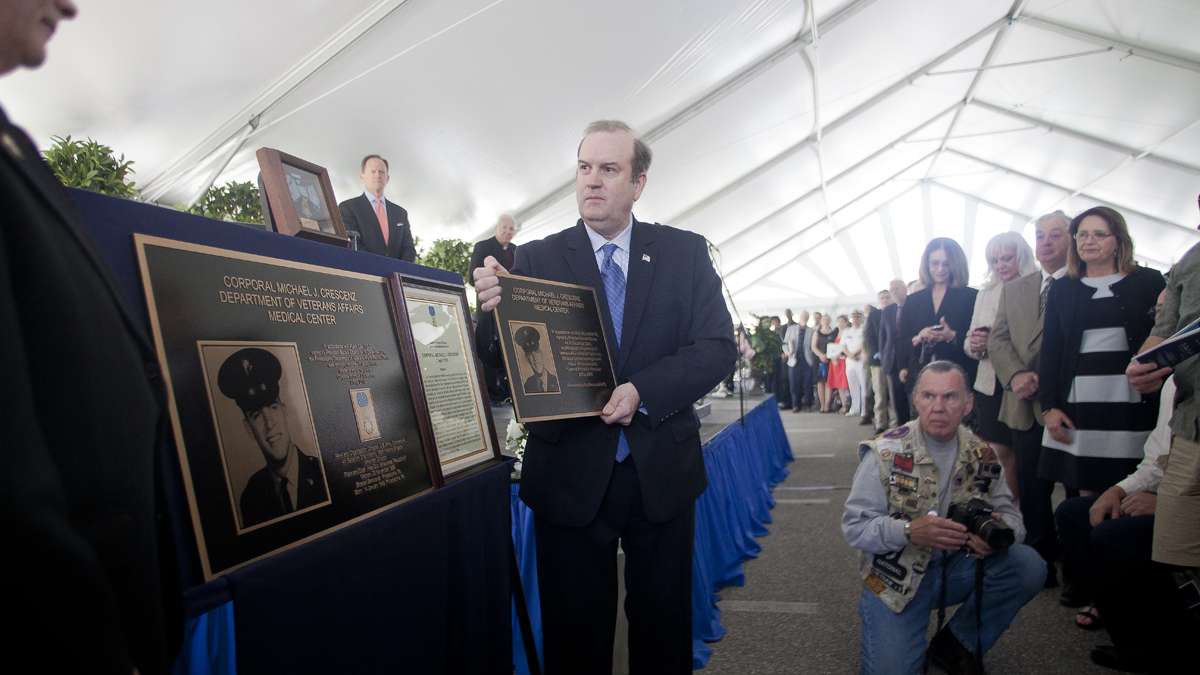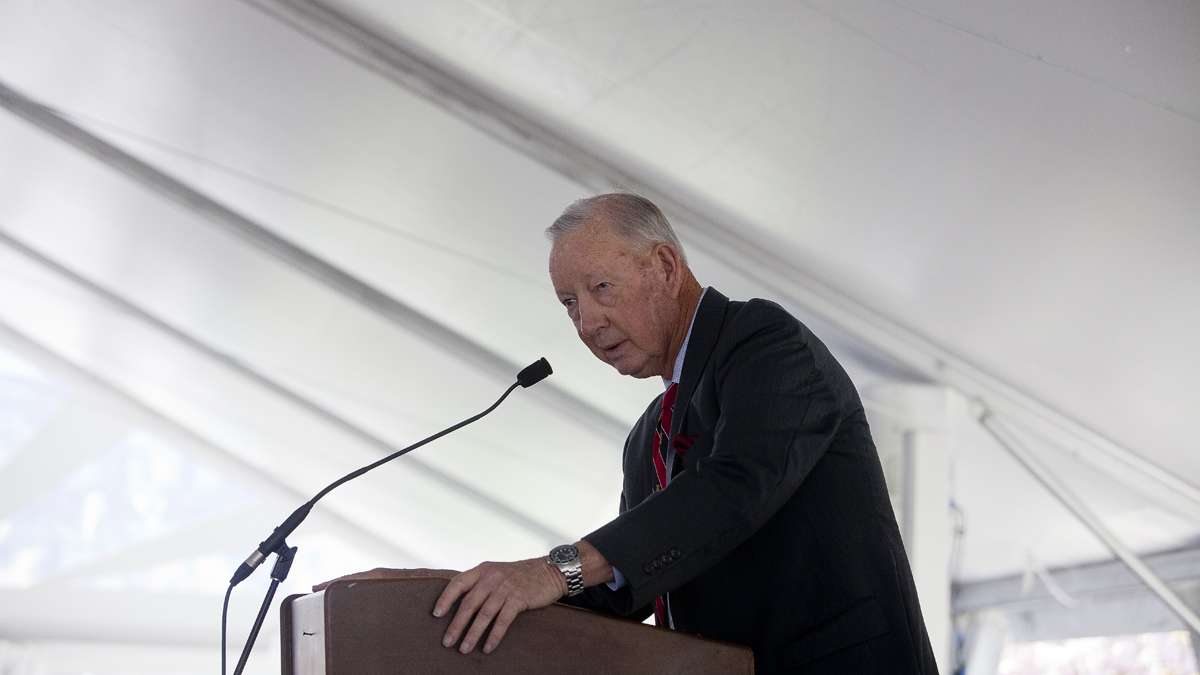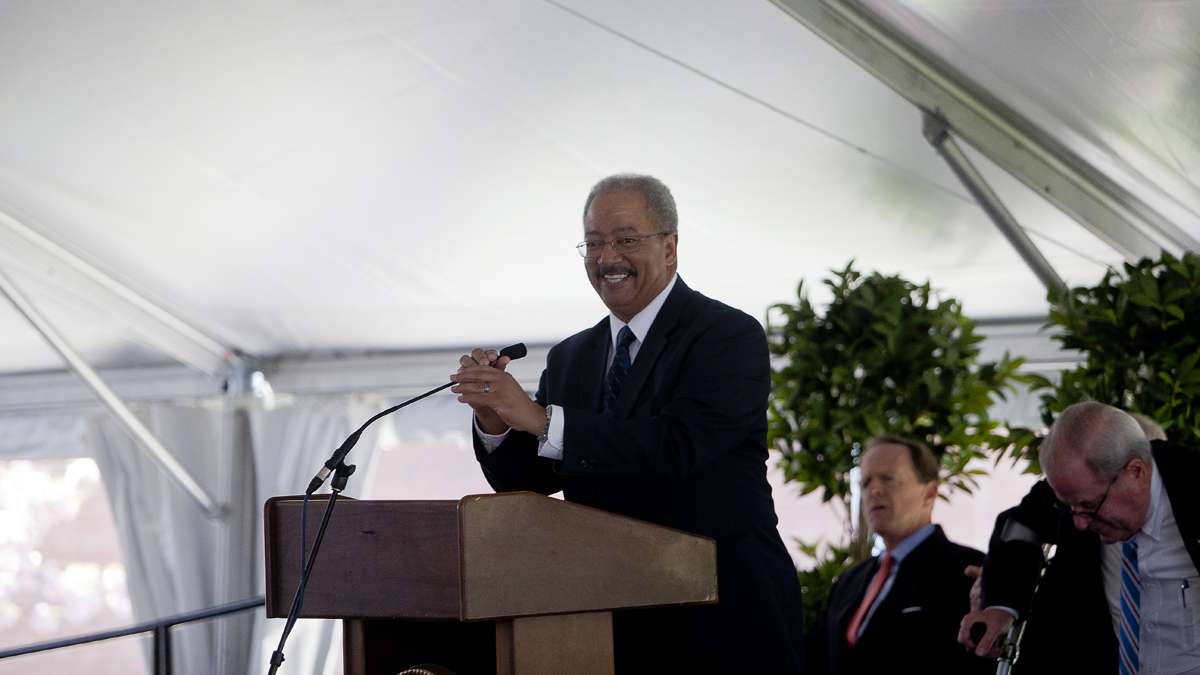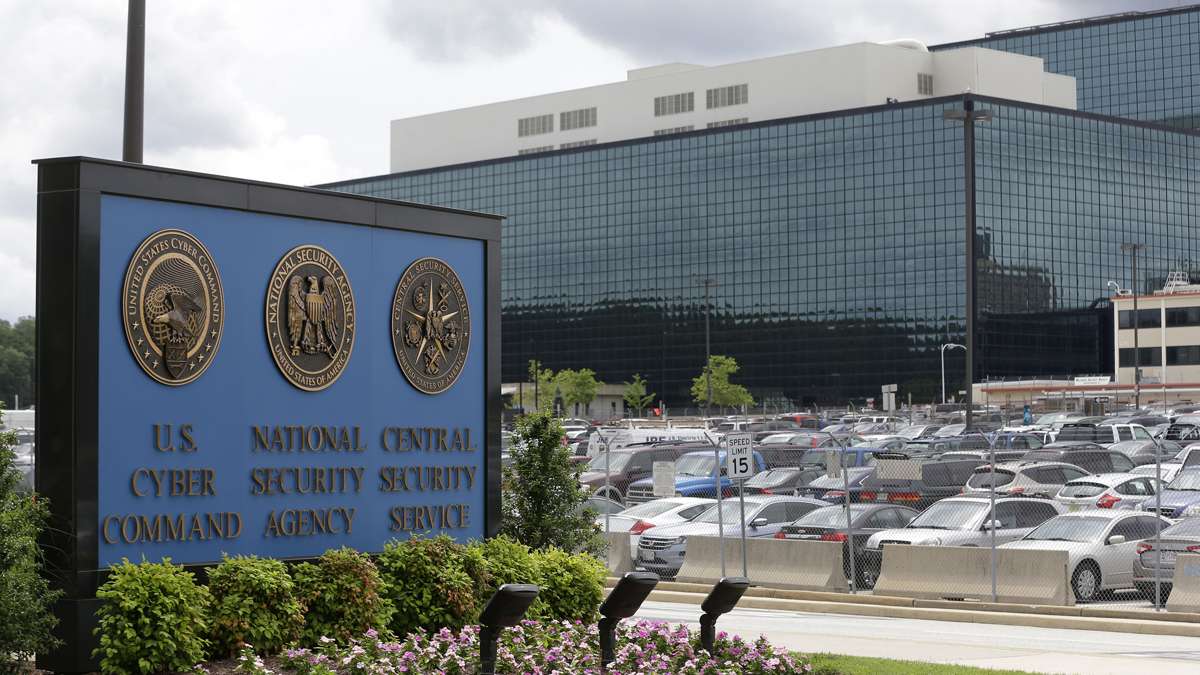Edward Snowden: Congress should let the NSA’s mass surveillance authority expire
Edward Snowden, the indicted government whistleblower, says the National Security Agency (NSA) should no longer be authorized to continue its mass collection of phone metadata kept by telecommunication companies under Section 215 of the Patriot Act.
Snowden, who could be seen on a large screen video, spoke at an event co-sponsored by the Center for Information Technology Policy, the Program in Law and Public Affairs and the Woodrow Wilson School at Princeton University. Snowden was charged on two accounts of violating the Espionage Act and is currently under temporary asylum in Russia.
Congress debates reauthorization
Section 215 never made a concrete difference to any terrorist investigation, Snowden said, and should be left to expire on June 1, 2015. Although the law could in theory help identify certain terrorist attacks organized by phone calls passing through the United States, evidence from the past ten years does not support this hypothesis, he alleged.
Bipartisan legislation was recently passed by the House Judiciary Committee to reauthorize mass surveillance programs with new limits, but the bill (H.R. 2048) has been criticized for not making limits stringent enough.
Snowden compared the NSA’s actions to pre-criminal investigations, or searching someone’s house without a warrant. Although a search would undoubtedly give authorities an investigational advantage, Snowden said, it would defy the U.S. Constitution’s Fifth Amendment. “That’s not how liberal societies work,” Snowden said.
Moderating Saturday’s event in Princeton was Pulitzer-prize winning journalist Barton Gellman, who was among Snowden’s initial media contacts.
Gellman noted that companies like Apple are encrypting their software so that nobody can have access to a person’s private data, even with a court order.
Snowden says the government feels threatened by this type of encryption. “Culturally, the government has adopted a worldview that if it is out there, we should know it and we should have access to it,” Snowden said of electronic data. “Post September 11th they’ve become accustomed to seeing everything we do.”
Gellman noted that the NSA has suggested developing a four-part, alternative key as a second encryption method. The given company would constitute one of these four parts.
The principle of providing such a “back door,” Snowden said, is fundamentally problematic, as it empowers some of the worst political actors on earth to seek information entitlement and would most likely cause companies to relocate to avoid the legislation.
Furthermore, Snowden said that single back doors have never been implemented reliably, much less ones comprised of four parties.
“If we don’t set the right standard here, now, quickly, we’re going to be overtaken by circumstance,” Snowden said. “If we cannot rely on the government to be a responsible steward for our rights, then we have to do that ourselves as a community.”
Placing data in the hands of companies rather than the government is not the end of the road, but is an improvement of the status quo, Snowden said.
Although the NSA is tasked with both protecting the U.S.’s data integrity and stopping speculative threats, too much emphasis has been put on offensive strategies, Snowden said.
“Now we have a national surveillance agency that’s not good for anybody, even ourselves,” Snowden said, noting that it would be much more effective to spend resources on robust protection.
Privacy rights for foreign citizens
While the American Constitution protects citizens on national soil, this protection does not extend abroad when it comes to electronic surveillance, a controversial discrepancy that raises questions about the domain of human liberty, Gellman said.
International bodies like the United Nations define this breech in privacy as a violation of human rights, Snowden said, a troubling reality that should be confronted. The United States was founded on the premise that all men, and not only all American citizens, are created equal, Snowden said.
“We don’t want to be emulating security services (Stasi) in former East Germany,” Snowden said, adding that the United States should inspire other countries to form more allies, stability and peace.
However, Snowden said that mass surveillance issues are not unique to the NSA, but are a global problem. He said that many of his former colleagues felt the same concerns about the NSA, but that whistle blowing is accompanied by serious risks.
“Nobody goes into the NSA expecting to be a moustache-twirling villain.”
WHYY is your source for fact-based, in-depth journalism and information. As a nonprofit organization, we rely on financial support from readers like you. Please give today.

















